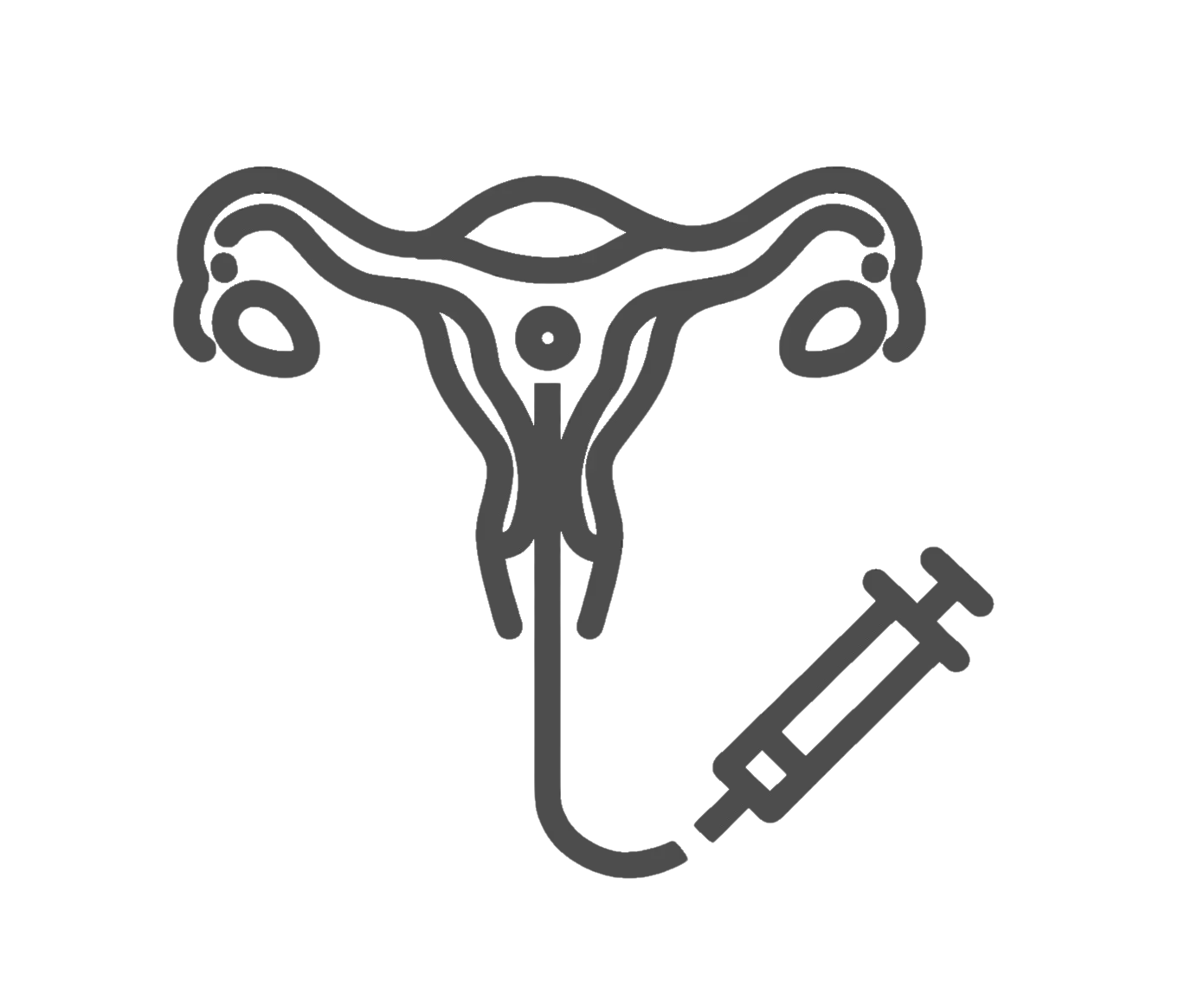Preimplantation Genetic Testing (PGT)
IVF Genetic Testing
Preimplantation genetic testing (PGT) involves analysing a tiny sample of genetic material from an embryo produced through an IVF cycle, identifying certain genetic conditions or chromosome variations. This type of testing usually takes a more targeted approach based on your and your partner’s known family histories of genetic conditions, such as Down syndrome. Only embryos that are found not to contain the genetic abnormalities are considered for implantation.
There are two types of PGT: testing for monogenetic conditions (PGT-M) and testing for aneuploidies (PGT-A). Aneuploidy refers to an abnormal number of chromosomes, whether more or less than the standard 23 pairs. Identifying embryos with aneuploidy via PGT-A allows you to reduce your risk of a failed implantation, miscarriage, or passing on a genetic condition.
PGT-M is suitable for an embryo created via IVF where the parent/s are known to have a personal or family history of a confirmed genetic condition. It is also used when a genetic carrier screening test has returned a high-risk result for a single gene condition, such as cystic fibrosis.
Common Questions about PGT
Is PGT safe for the embryo?
On the whole, preimplantation genetic testing is considered to be a safe procedure, however, it does carry a small risk of damage to the embryo during biopsy of the DNA sample or during the freezing and thawing process. The rates of this occurring are usually reported at around 5% of embryos undergoing PGT.
Are there any long-term risks to the baby from PGT?
There have been no reports of increased health risks in children who underwent PGT during the embryo stage.
Does PGT test for every possible genetic disease?
PGT only screens for specific genetic conditions or chromosomal abnormalities. PGT-A is able to assess for conditions such as Patau syndrome and Down syndrome, while PGT-M is more appropriate for diseases such as thalassemia and Huntington’s disease. Our Genea genetic counsellors will be able to provide guidance on which test is best suited to your situation.
What happens to the embryos if they’re abnormal?
The decision on what to do with an embryo returning an abnormal PGT result can be difficult. In consultation with your fertility specialist and a genetic counsellor, you may choose to dispose of the affected embryos if the genetic abnormalities are severe and incompatible with survival. Alternatively, you may wish to freeze the embryos and reassess your options in the future when medical technology or disease research has advanced. In some cases, further analysis on the embryo may help to provide further insight on the abnormality and guide next steps.
Preimplantation Genetic Testing with Dr Ying Li
Dr Ying Li is a CREI (Certificate of Reproductive Endocrinology and Infertility) accredited fertility specialist practising out of three locations in NSW – Sydney, Glebe, and Hurstville. He provides exceptional care for all his fertility patients, including those considering IVF and PGT. Ying is part of the Genea network of fertility centres, a leader in changing the approach to embryo biopsy. This has resulted in almost doubling the number of successful pregnancies compared to the conventional biopsy method used by many other Australian clinics.
Consulting Rooms
Level 3, 321 Kent St
Sydney NSW 2000
137 St Johns Rd,
Glebe, NSW 2037
50-52 Gloucester Rd,
Hurstville NSW 2220
Phone and Fax
T: 1300 323 297
F: 02 8212 8944
Assisted Reproductive Technology treatments available with Dr Ying Li

PGT
Pre-implantation Genetic Diagnosis / Screening

Ovulation Induction
Ovulation Stimulation

IVF
In vitro Fertilisation

IUI
Intrauterine Insemination
